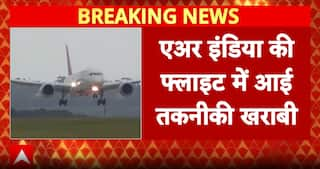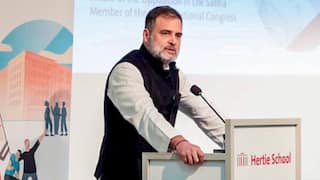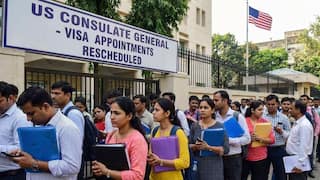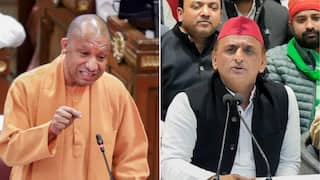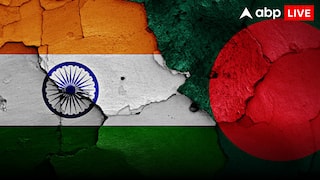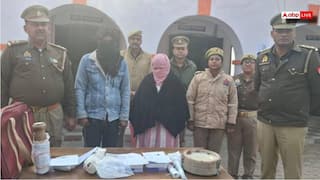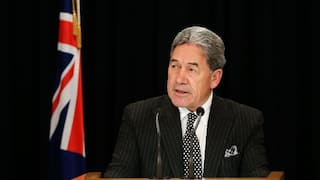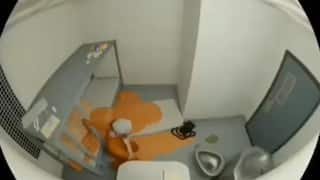Russian President Putin To Run Again For President, Says Report
The sources, who spoke to Reuters, said that news of Putin's decision had trickled down and that advisers were now preparing for the campaign and a Putin election.

Russian President Vladimir Putin has made the decision to run in the upcoming March presidential election, a move that secures his grip on power until at least 2030. Putin believes that Russia faces one of the most challenging periods in decades and he must steer it, according to six anonymous sources who spoke with Reuters. The sources, who spoke to Reuters on condition of anonymity due to the sensitivity of Kremlin politics, said that news of Putin's decision had trickled down and that advisers were now preparing for the campaign and a Putin election.
One of the sources with insider knowledge was quoted by Reuters as saying, "The decision has been made – he will run."
Three additional sources also told Reuters that Putin's candidacy for the March 2024 presidential election is a settled matter.
One of the sources said that an orchestrated announcement can be expected within a few weeks, aligning with a report from Kommersant newspaper last month.
While many diplomats, intelligence personnel, and officials have long anticipated Putin's intention to remain in power indefinitely, there had been no official confirmation of his plans to seek re-election until now.
Kremlin spokesman Dmitry Peskov stated that Putin had not yet commented on the issue, adding, "The campaign has not been officially announced yet."
At the age of 71, Putin has been president longer than any Russian leader since Josef Stalin, surpassing even Leonid Brezhnev's 18-year tenure. Diplomats assert that there are no serious rivals who could threaten Putin's prospects if he chooses to run again. The former KGB operative enjoys approval ratings of 80%, has the backing of the state and state-controlled media, and faces minimal mainstream public opposition to his continued rule.
Jailed opposition figure Alexei Navalny has argued that Putin has guided Russia toward a strategic dead end, constructing a fragile system of corrupt loyalists that will ultimately result in chaos rather than stability.
After successfully diffusing an armed uprising led by the Wagner mercenary group leader in June, Putin has moved to shore up support among his core base in the security forces, armed services, and among regional voters outside of Moscow. Simultaneously, Wagner has been brought under stricter control.
Prigozhin, the Wagner group's leader, died in a plane crash two months after the armed mutiny, and Putin has since utilised the Defense Ministry and National Guard to strengthen his allies' influence over the remaining Wagner personnel.
Under Putin's leadership, Russia has witnessed significant increases in defense, weapons, and overall budget spending, and he has made numerous public appearances, often in different regions.












